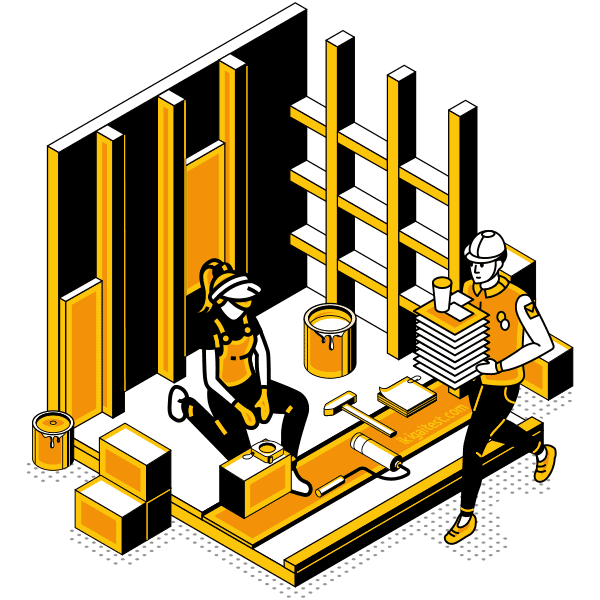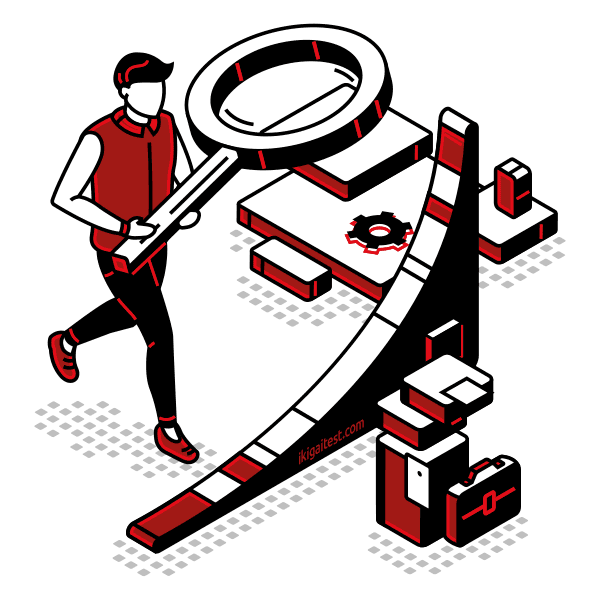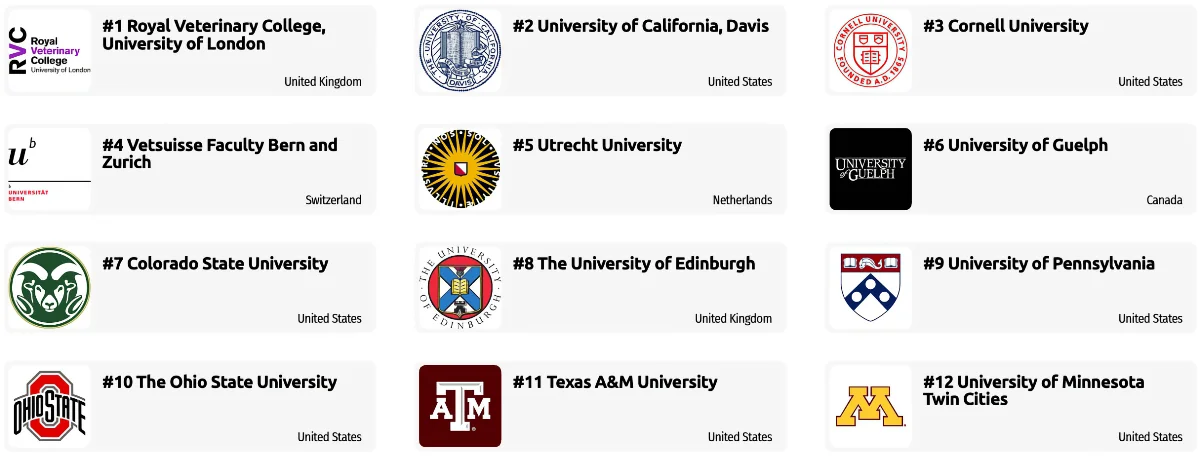Artisan

Great artisans are usually capable of:
- Using hands and arms in handling, installing, positioning, and moving materials.
- Performing precise and skillful manipulation of small objects.
- Being active and proactive in regards to physical activities that require considerable use of your arms and legs and moving your whole body, such as climbing, lifting, balancing, walking, stooping, and handling materials.
Inspector

Inspectors should be great at:
- Estimating sizes, distances, and quantities; or determining time, costs, resources, or materials needed to perform a work activity.
- Observing, receiving, and otherwise obtaining information from all relevant sources.
- Identifying information by categorizing, estimating, recognizing differences or similarities, and detecting changes in circumstances or events.
- Inspecting equipment, structures, or materials to identify the cause of errors or other problems or defects.
Other work activities related to Nonfarm animal caretakers
- Doing facility laundry and cleaning, organizing, maintaining, and disinfecting animal quarters, such as pens and stables, and equipment, such as saddles and bridles.
- Feeding and water animals according to schedules and feeding instructions.
- Answering telephones and scheduling appointments.
- Examining and observing animals for detecting signs of illness, disease, or injury.
- Responding to questions from patrons, and providing information about animals, such as behavior, habitat, breeding habits, or facility activities.
- Providing treatment to sick or injured animals, or contacting veterinarians for securing treatment.
- Collecting and recording animal information, such as weight, size, physical conditions, treatments received, medications given, and food intake.
- Performing animal grooming duties, such as washing, brushing, clipping, and trimming coats, cutting nails, and cleaning ears.
- Exercising animals for maintaining their physical and mental health.
- Ordering, unloading, and storing food and supplies.








